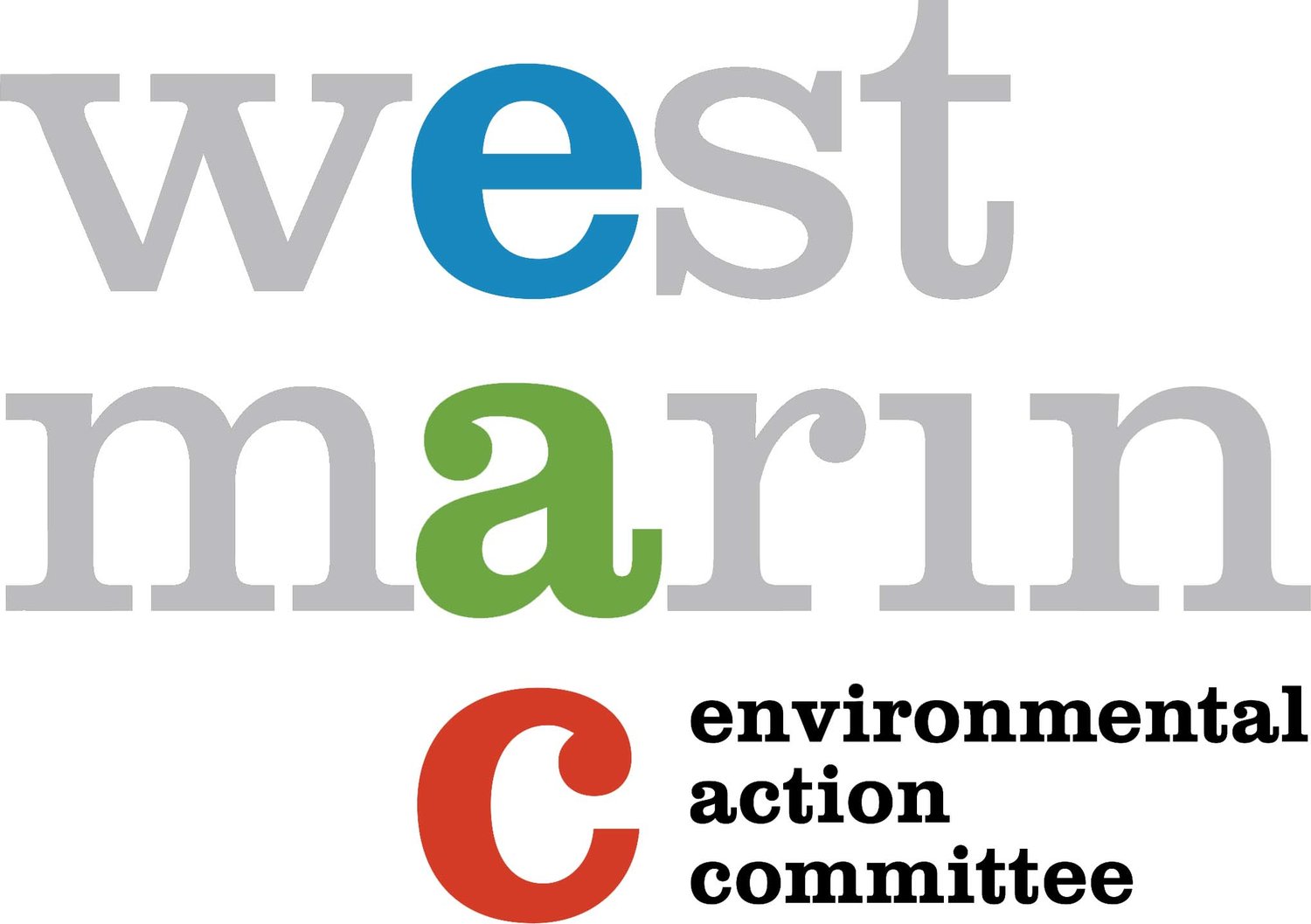By: Lauren Richards, Legal and Policy Intern, and Ashley Eagle-Gibbs, Legal and Policy Director
We celebrated World Ocean Day on June 8th by cleaning up Drakes Beach and providing plastic pollution education with volunteers organized by SipSmith.
World Ocean Day is a good opportunity to raise awareness around the struggles our global oceans face including plastic pollution. In a world of single use plastics, our oceans are filling up with trash. Virtually every piece of plastic that was ever made still exists, breaking down into smaller and smaller fragments or microplastic.
Organized by Sipsmith, a certified B-corporation, we took out a group of volunteers from the Bay Area service industry, allowing us to provide education and learn about the changes they are making to reduce plastics in the bar and restaurant settings like skipping straws, offering paper options, and using glassware.
At Drakes Beach, in a little over an hour, we were able to remove woody debris, syringes, 7 masks, cutlery, plastic bottle caps, straws, cans, to-go ware, clothes, rope, 35 shotgun shells, and cardboard boxes. What was most disheartening was the amount of small plastics covering the beach. The volunteers agreed that no matter how long they searched and combed the area, more pieces seemed to show up! Sadly, the small pieces of trash found in our marine environments are a threat to aquatic and airborne animals alike — who mistake bright colored plastics for food and consume them.
Our volunteers removed a significant amount of trash from the beach that we sorted and brought to our office to feature at our education exhibit Protect our Ocean & Safeguard our Future.
EAC is also working hard with partners to advocate and support for policy changes to stop plastic pollution at the source.
Marin County: The County passed a ban on single-use plastics for restaurants, the reusable foodware ordinance in May 2022.
California: Governor Newsom recently signed SB 54, “requiring all packaging in the state to be recyclable or compostable by 2032, cutting plastic packaging by 25 percent in 10 years and requiring 65 percent of all single-use plastic packaging to be recycled in the same timeframe.” This is a step in the right direction even if compromises were made, as they often are.
Nationally: The National Park Service recently committed to fully banning plastics in national parks over the next decade!
While the state of our plastic crisis is depressing, we all must do our part to reduce the use of single use materials and advocate for policies that control plastic at the source.
EAC Team at the event: Leslie Adler-Ivanbrook, Program Director; Allison Pritchard, Legal and Policy Intern; Ashley Eagle-Gibbs, Legal and Policy Director ;& Lauren Richards, Legal and Policy Intern




